Proposed Changes to the Workers Compensation Act – Bill 23
On July 14, 2020, there were some significant changes proposed to the Workers Compensation Act (“Act”). These changes were introduced for first reading by the Minister of Labour, the Honourable Harry Bains, in the Workers Compensation Amendment Act, 2020. Bill 23 is currently in its second reading before the legislature.
The proposed changes to the Act touch on compensation issues, Occupational Health & Safety issues, and new powers for collecting unpaid premiums. Our focus in this article is on the more significant changes proposed to the compensation aspect of the Act.
One of these proposed changes include changing how permanent partial disability awards will be assessed. Currently, most awards are provided on the basis of a loss of function and the worker’s loss of earnings is only considered if the worker can pass the “so exceptional” test, making it difficult to obtain a loss of earnings award.
The proposed change would require WorkSafeBC (the “Board”) to consider both the worker’s loss of function and loss of earnings and provide a permanent partial disability award based on the higher of the two amounts. This change would benefit workers by considering both methods at the outset of the process for determining disability awards. This could result in higher disability awards being paid to workers.
Another significant change that has been proposed, is to the method in which the retirement age is calculated to determine the termination date for some benefits. The proposed change would add a power for the Board to determine a worker’s date of retirement when the worker is over age 63 and would allow the Board to consider the worker’s circumstances at that time when making the determination. This change would be a positive change to the current method which is determined at the time the decision is made and only looks at the circumstances of the worker prior to the date of injury.
A proposed change to the Board’s maximum wage rate for 2021 has also been recommended. The Board sets a maximum wage rate each year for workers’ benefits and the proposed maximum wage rate for 2021 would increase the current wage rate set for 2021 from $89,800 to $100,000. This is a positive change for those workers that are injured and have earnings between $89,800 to $100,000. These higher earnings could now be taken into account when determining benefits, if this proposed change is approved.
With respect to healthcare benefits, the Board currently waits until a claim is approved before providing these benefits. For some claims, this could take months. Workers then have to make the choice as to whether they can afford treatment out of their own pocket and risk not being reimbursed for such treatment or wait until they know their claim is approved and risk a longer recovery time or lack of recovery as a result. Bill 23 proposes adding authority for the Board to provide payment for services and supplies before a worker’s entitlement has been determined. If a claim is denied after, the worker would not be required to reimburse the Board for that service or supply. This would be a significant benefit to workers who would then be able to access healthcare services or supplies sooner and not have to worry about whether they would have to pay out of their own pocket.
Another proposed change to the Act is to provide that compensation is payable for a mental disorder as if the mental disorder were a personal injury arising out of employment and adding a reference to mental disorder in the Act’s one-year time limit for submitting a claim.
The Board also currently does not have the power to reconsider a decision or order after 75 days have elapsed. There is a proposed change to allow the Board to reconsider a decision or order after the current 75 day limit has elapsed, if the decision or order contains an obvious error or omission.
With COVID-19, the Board has been looking at adding a presumption in relation to this condition to the Act. However, currently a regulation of the Board under a compensation provision must come into force at least 90 days after its deposit under the Regulations Act. The proposed change would be to remove this 90 day requirement in relation to a regulation relating to an occupational disease caused by a communicable viral pathogen. This would apply to the Board’s ability to be able to enact a presumption in relation to COVID-19 without having to wait the 90 day period that is currently required for this change to take effect.
These changes are proposed to be effective either January 1, 2021 or on the date of Royal Assent, if they are approved.
Note to our Readers: This is not legal advice. Please contact our offices, if you are looking for legal advice.
GKS Law Firm
P: 604-327-9882
Email: reception@gkslawfirm.com
